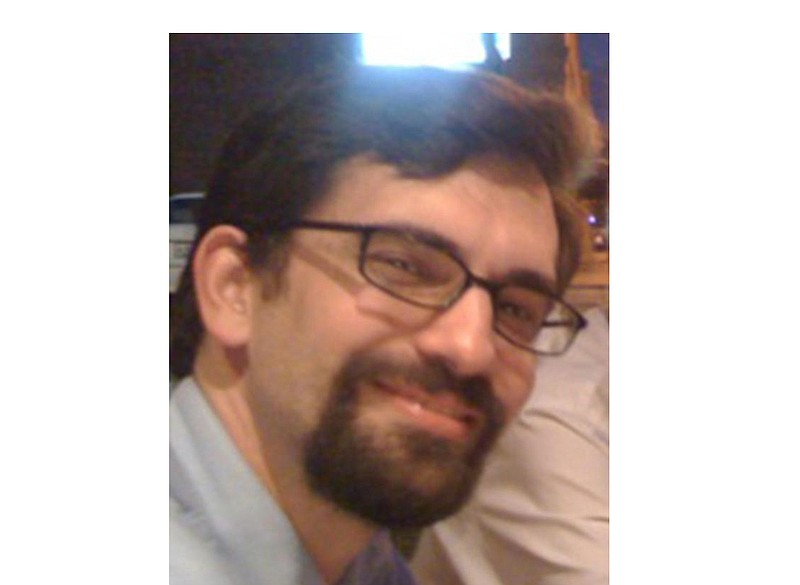VIOLATIONS ALLEGEDRule 3.4: Fairness to the opposing party and counselA lawyer shall not obstruct another party's access to evidence or unlawfully alter, destroy or conceal a document or other material having potential evidentiary value; ... 0r knowingly disobey an obligation under the rules of a tribunal except for an open refusal based on an assertion that no valid obligation exists.Rule 3.8: Special duties of a prosecutorThe prosecutor in a criminal matter shall make timely disclosure to the defense of all evidence or information known to the prosecutor that tends to negate the guilt of the accused or mitigates the offense ....Rule 8.4: MisconductIt is professional misconduct for a lawyer to violate or attempt to violate the Rules of Professional Conduct, knowingly assist or induce another to do so, or do so through the acts of another; (or) engage in conduct that is prejudicial to the administration of justice
The disciplinary board for Tennessee attorneys is proposing sanctions against the prosecutor who triggered a mistrial and let a murder defendent walk free in Cleveland's 1999 Valentine's Day triple slaying.
The Board of Professional Responsibility on Friday issued a Petition for Discipline against Paul Rush, an assistant district attorney in the 10th Judicial District of Bradley, McMinn, Polk and Monroe counties. The petition states that Rush knew a key witness against Michael Younger was going to be prosecuted on check fraud charges, but didn't tell Younger's attorneys until one or two days before his trial began in May 2010.
A letter cited as evidence in the petition from Younger attorney John Cavett states that another assistant DA, Jim Stutts, actually had asked Monroe County, Tenn., authorities not to arrest witness Anita Wilson on check fraud charges until after she testified against Younger.
Prosecutors are required to give criminal defendants any information that could help them, such as casting doubt on a prosecution witness' credibility.
Reached by phone Wednesday afternoon, Rush referred questions to his attorney, Dan Ripper.
In an email, Ripper said, "Paul has complied with his ethical duties as a prosecutor and we believe this will be clear when the matter is heard by a hearing panel."
Nancy Jones, chief disciplinary counsel for the Board of Professional Responsibility, said Wednesday that the next step will be to convene a committee of three lawyers to conduct a hearing on the sanctions. No date has been set.
She said there is no public record of proposed sanctions against Stutts, but sanctions are not always announced.
Cavett wrote to the Board of Professional Responsibility on July 21, 2010, that it was "highly improper for a DA's office to manipulate a prosecution in order to gain an advantage in another trial." Cavett's letter notes that Criminal Court Judge Amy Reedy ordered the defense attorneys to report Rush and Stutts to the Board of Professional Responsibility and also ordered the prosecutors to report themselves.
In his initial response to the complaint, Rush said he had told defense lawyers that Wilson had prior convictions and was facing pending charges of shoplifting and criminal trespass. He said he had told investigators to let him know if the bad-check case developed, but they never did so.
Shocking slaying
Younger was one of three people charged with murder in the Feb. 14, 1999 slayings in a Cleveland apartment. The shooters kicked in the door shot four people execution-style and stole money. Dawn Rogers, Cayci Higgins and O.J. Blair died. Only Twanna Blair, O.J.'s cousin, survived.
It took years, but eventually Maurice Johnson and Michael Younger were indicted on murder charges along with Twanna Blair, who had moved from victim to co-conspirator.
Johnson was found guilty in 2009 of first-degree murder and aggravated robbery and sentenced to life without parole. Last year the state Supreme Court declined to review the case.
Blair received a verdict of acquittal on murder and robbery charges at her 2009 trial. The Tennessee Court of Criminal Appeals dismissed a lesser count of facilitating murder in the course of a robbery.
Another violation
The allegation of improper conduct against Rush alleged by the Board of Professional Responsibility isn't why Younger's prosecution ended. That happened because Rush disobeyed Criminal Court Judge Amy Reedy's instruction not to ask certain questions of witnesses during testimony, records show.
Rush was not supposed to ask whether Younger was a drug dealer, but he did, according to court records.
Reedy immediately declared a mistrial and subsequently made an official finding of prosecutorial misconduct. However, she didn't find in her order that Rush had asked the question deliberately in hopes of triggering a mistrial.
Rush said at the time that he understood the order, but thought that since defense attorneys had asked a witness about drug dealers, he could ask the same question.

